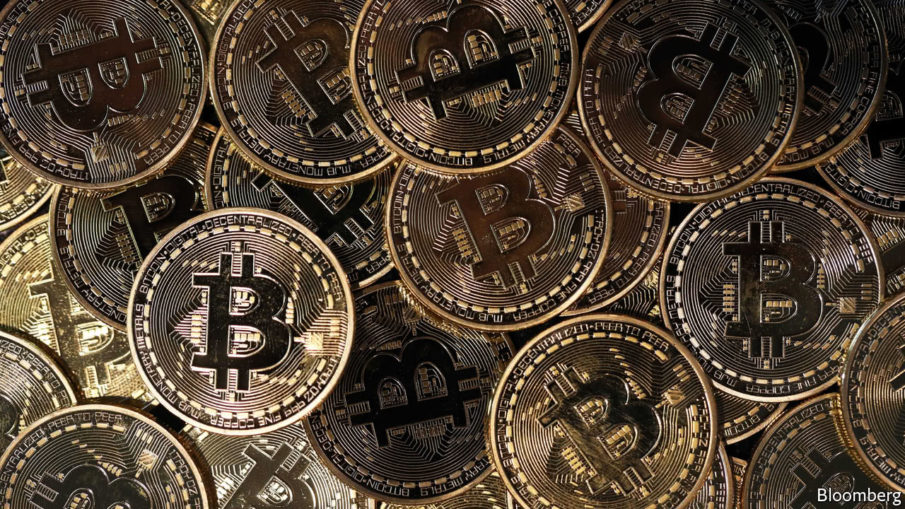parts By Kevin Helms
Classification of Bitcoin, VAT, and Money-Laundering
 The first and most fundamental legal issue is whether bitcoin is money, a security or an asset, Kim began. The South Korean Financial Services Commission has said they will propose a regulatory framework for Bitcoin-based businesses this year.
The first and most fundamental legal issue is whether bitcoin is money, a security or an asset, Kim began. The South Korean Financial Services Commission has said they will propose a regulatory framework for Bitcoin-based businesses this year.
The Commission, the Ministry of Strategy and Finance, the Bank of Korea, the Financial Supervisory Service, academics and legal experts met in November last year. They started a debate about the legal definition of bitcoin, the exchange registration system, and anti-money laundering. However, no guidelines have been announced yet. Kim noted (loosely translated):
The second issue is whether to impose VAT or consumption tax on bitcoin purchases. Kim cited countries where bitcoin is considered an asset impose VAT and “Korea belongs here as well,” he conveyed. “However, the international trend towards VAT is on the way to exemption,” he detailed, giving the example of Japan having revised its law to exempt bitcoin purchases from consumption tax.
Another issue he brought up is the need to overcome problems such as money laundering. “Korea considers digital currency as a commodity, and since telecom dealers are not obligated to prevent money laundering, there is no regulation yet,” he explained.
Business Registration
The fourth issue is whether digital currency businesses including exchanges need to register or notify any authorities. “A person who wants to conduct an exchange business now reports it as a telecommunications dealer under the Electronic Commerce Act. However, it can not be regarded as a regulation specific to virtual money,” he detailed. He then cited Japan’s new amended law to require bitcoin exchange businesses to register with the Prime Minister, be regularly audited and also be supervised by the Prime Minister.
Remittances using Bitcoin
 The fifth issue concerns bitcoin remittances, when bitcoin is transferred and converted into won or other foreign currency. The current Foreign Exchange Transaction Act states that foreign exchange transfers including remittances can only be done through a financial company. “According to the interpretation of the Ministry of Strategy and Finance, it is important to note that many bitcoin providers may be in violation of the Foreign Exchange Transactions Act,” Kim explained.
The fifth issue concerns bitcoin remittances, when bitcoin is transferred and converted into won or other foreign currency. The current Foreign Exchange Transaction Act states that foreign exchange transfers including remittances can only be done through a financial company. “According to the interpretation of the Ministry of Strategy and Finance, it is important to note that many bitcoin providers may be in violation of the Foreign Exchange Transactions Act,” Kim explained.
However, starting on July 18, the law allows small-scale foreign exchange transactions for non-financial companies. This will significantly improve remittances in the country as the traditional banking practice is expensive and cumbersome, he indicated. Bitcoin.com recently reported on a leading mobile commerce company, Omnitel, which started a bitcoin remittance business in order to lower the cost of remittances as well as the time taken.
ICO
The last issue Kim mentioned concerns Initial Coin Offerings (ICOs) which have gained popularity lately. “There are similar schemes such as IPOs (initial public offerings) or crowdfunding in the capital market in Korea, but they are clearly different,” he explained. The issue also needs to be addressed as well.
Images courtesy of Shutterstock and Korean Financial Services Commission


Leave a Reply
You must be logged in to post a comment.